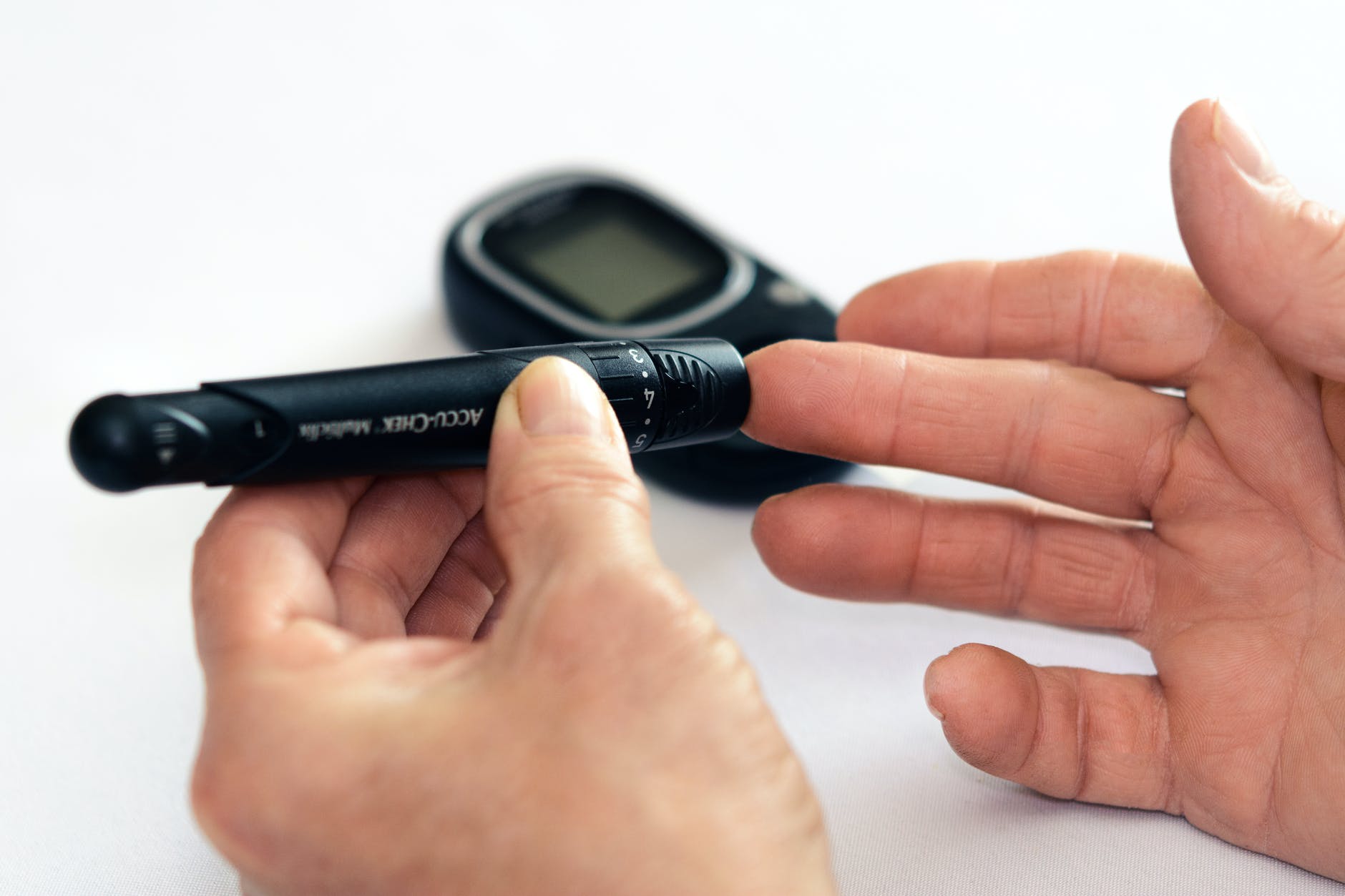![]()
Type 2 diabetes is a chronic condition that develops when the hormone insulin, which helps the body to use glucose and nutrients, doesn’t work properly. Symptoms of this condition can include thirst, hunger, increased urination, fatigue, weight loss and blurred vision. There are many factors that can contribute to its development and treatment. For example, weight gain or obesity could be a catalyst for developing type 2 diabetes because fat cells produce insulin-like growth factor-1 (IGF-1). This article will
What is Type 2 Diabetes?
Type 2 diabetes is characterized by insulin resistance. This stage of the disease usually starts with the body producing less and less insulin, which leads to high blood sugar levels. If left untreated, this condition can lead to diabetes complications such as heart disease and stroke.
Types of Diabetes
Type 2 Diabetes is a form of diabetes that occurs when the body’s cells become less responsive to insulin. It is caused by factors such as obesity, diet, and lack of exercise. The symptoms of type 2 diabetes usually come on gradually and may not be noticed until they are severe enough to cause health problems. This article will provide a list of common symptoms and what you should do if you’re suffering from them.
Causes of Type 2 diabetes
Diabetes Type 2 is a metabolic disease that may result in high blood glucose levels and risk of death. The type 2 diabetes symptoms vary depending on the severity of the condition. Type 2 diabetes is a condition in which the body does not produce enough insulin. The cause of this is not known, but it may be hereditary or caused by a imbalance in the gut flora. Symptoms of type 2 diabetes can vary from person to person, but they generally include increased thirst and urination, increased appetite and weight gain, fatigue, weakness, blurred vision, poor wound healing, poor circulation and numbness in hands or feet.
Symptoms of Type 2 diabetes
The Scrutiny of Symptoms: Type 2 Diabetes Symptoms
The symptoms of type 2 diabetes can vary individually, but there are some that are very common. These may include increased thirst and urination, increased hunger, weight loss, fatigue, and vision changes. The symptoms of Type 2 diabetes vary from case to case, and sometimes things can happen quite suddenly. Taking care of your body is important for every person living with this condition.
Signs and Tests for a Diagnosis of Diabetes
The risk factors for type 2 diabetes are a family history of diabetes and obesity. However, in some cases the specific symptoms may not be present. For example, some people with type 2 diabetes may experience nausea or high blood pressure while others experience severe sleep deprivation.
Signs of Type 2 Diabetes: Symptoms of insulin resistance such as frequent urination, unexplained weight loss or gain, fatigue and feeling unusually cold can indicate the early stages of type 2 diabetes.
Treatment and Prevention of Type 2 Diabetes
Type 2 diabetes is a chronic condition that requires lifelong treatment. To avoid complications, patients should keep up with their doctor’s recommendations and lifestyle changes. Patients can limit the symptoms of type 2 diabetes by following a healthy diet, engaging in regular physical activity, and monitoring blood glucose levels. Every individual is unique, which means that the symptoms of Type 2 Diabetes could be different for each person. Symptoms of Type 2 Diabetes are weight loss, thirst, frequent urination, fatigue, and feeling confused or disoriented. Most people who have Type 2 Diabetes also experience an increase in their blood sugar levels. Other symptoms include a loss of appetite and skin changes such as dryness or sores on the legs.
The number of people in the United States who have type 2 diabetes continues to grow as more Americans are living longer. Type 2 diabetes is primarily a lifestyle disease. There are no known cures for type 2 diabetes, but there are many ways that people can fight it and live healthy lives.
